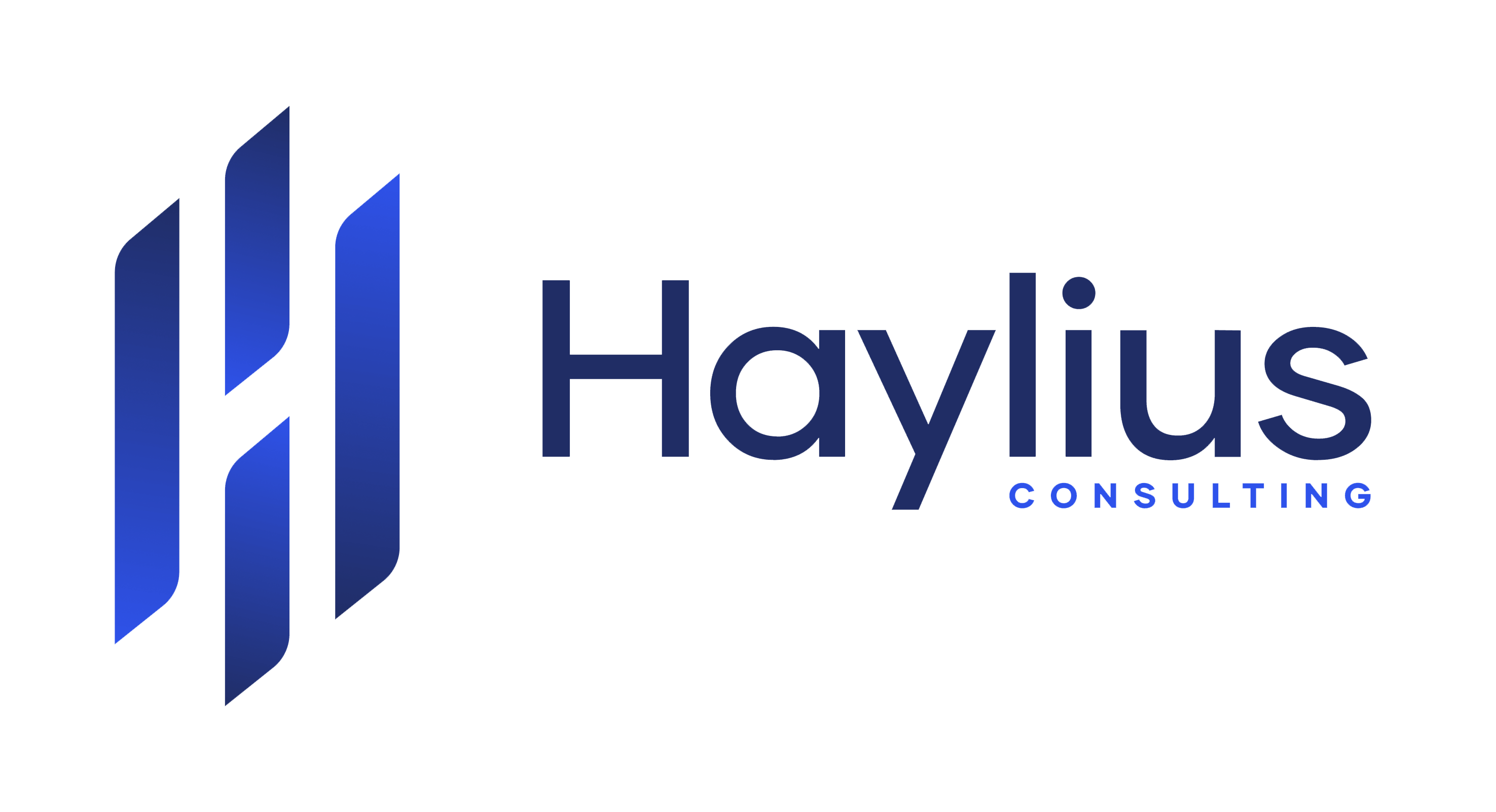Industry-Specific IT Strategy and Services that Deliver Results
From construction sites to healthcare networks, Haylius understands the unique challenges different industries face—and we tailor our approach accordingly.
Diverse Industry Experience
We don't believe in one-size-fits-all consulting. Our team includes former IT executives and security leaders from a wide range of verticals, giving us firsthand knowledge of the operational, regulatory, and strategic demands unique to your field.
Whether you're navigating compliance in finance, connecting distributed teams in construction, or securing critical infrastructure, Haylius provides trusted, experienced leadership to move your business forward.

Construction
Reliable, Field-Ready IT Strategy for Construction Firms
Haylius supports construction companies with technology leadership that bridges the gap between jobsite operations and back-office systems.

Banking & Finance
Compliance-Driven Technology Guidance for Financial Institutions
Haylius partners with banks and financial services firms to ensure IT operations are secure, auditable, and aligned to regulatory demands.

Technology
Strategic IT Support for High-Growth Tech Firms
Haylius equips technology companies with the IT leadership and structure needed to grow securely and sustainably.

Critical Infrastructure
Resilient IT Strategy for Essential Systems
Haylius helps organizations in critical infrastructure sectors build secure, compliant, and highly available technology environments.

Healthcare
Secure, Compliant IT for Healthcare Providers
Haylius enables providers and healthcare organizations to adopt secure, interoperable, and patient-centric technology solutions.

Manufacturing
Secure and Scalable IT for Smart Manufacturing
Haylius supports manufacturers in modernizing their technology stack, securing OT environments, and building operational resilience.
Frequently Asked Questions (FAQs)
What types of services does Haylius offer?
The team at Haylius focuses their consulting practice in six disciplines: Fractional CIO/CISO services, IT Strategy, Application road mapping, Cybersecurity, IT Governance, and Advisory services. While these focal areas are in our wheelhouse of experience and expertise, at the core of our mission we want to help all our clients identify and solve technical challenges.
What makes us stand out?
What makes us different is being industry and product agnostic, having a servant-leader mindset, and our ability and experience as problem solvers. Our goal as a provider of technical advisory services is to not be the “perpetual” consultants.
How is Haylius structured?
-
Haylius is built around key IT leaders with deep technical expertise and industry experience. We operate under an outcome-based approach performed by our core principles and employees of the company, but we also utilize known and proven consultants with specific skills to round out our service offerings.
- Haylius is built around key IT leaders with deep technical expertise and industry experience. We operate under an outcome-based approach delivered by our core principals and employees. We also partner with proven consultants who have specific expertise to round out our service offerings.
What is the philosophy of the company?
- Our vision is to deliver exceptional IT advice and service to company leaders in every industry.
- Our mission is to provide wise counsel with each engagement and delight our clients with quality results
- At the center of Haylius is a culture that believes in what we are doing because our clients’ success is what drives us. We measure success on two scales, one, client feedback and satisfaction with our services, and two, how often repeat business occurs with our existing clients.
Do you only work with clients in construction?
The Haylius Consulting team has extensive experience in many industries, including Banking and Financial Services, Healthcare, Manufacturing, Technology, Aerospace, Higher Education, Electrical Distribution, and Hospitality. We do have an extensive tenure in Construction with over 85 years of combined IT leadership and technical experience.
My company continues to implement new software solutions, but shouldn’t we be retiring applications in the Cloud-era software lifecycle?
Most companies are collecting software in their application portfolios at an incredible rate, due in part to the simplicity and prevalence of Cloud systems, but also because many companies have under-invested in modern business applications. Most industries continue to progress through a software evolution meant to cover functional or systemic gaps, thus the “software ledger” is heavily weighted to “credits” (adding software) vs. “debits” (reduction of software).
What is Technical Debt, should I be worried?
-
The impact of technical debt on a company largely depends on its vision and execution regarding technology investments. Companies that custom-build or maintain legacy technology platforms as part of their strategy may experience lower technical debt, as these systems represent sunk costs and are typically stable. However, companies aiming to rapidly modernize their technology stack or application portfolio can accumulate significant technical debt if they prioritize quick, short-term solutions. These rapid implementations often require continuous development and maintenance, which can hinder long-term agility and increase overall costs.
- In business terms, technical debt can impact:
- Productivity: As technical debt accumulates, it can slow down development processes, making it harder and more time-consuming to add new features or fix bugs.
- Quality: High levels of technical debt can lead to more defects and lower overall software quality, which can affect customer satisfaction and trust.
- Costs: Addressing technical debt requires resources, including time and money, which could otherwise be spent on innovation and new development.
- Agility: Excessive technical debt can reduce a company's ability to respond quickly to market changes or new opportunities, as the development team may be bogged down by maintenance and refactoring tasks.
Services
Haylius brings together a team of senior-level (Executive-level? This term is used in the box for Fractional CIO/CISO) technology leaders to deliver expert IT leadership, security, compliance, and modernization strategies tailored to your business.
